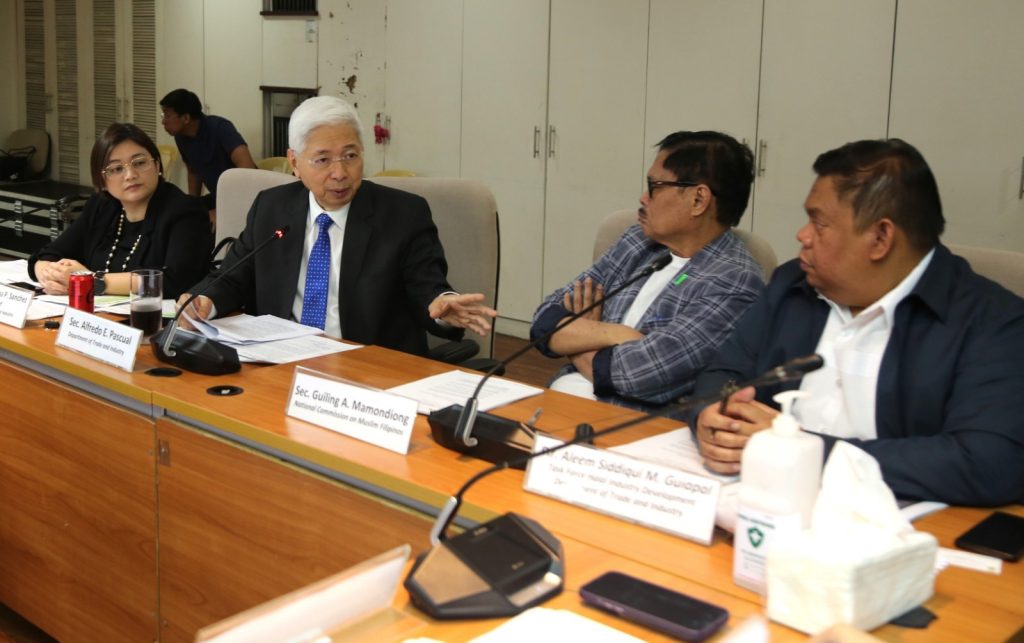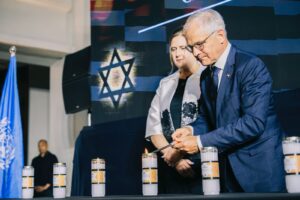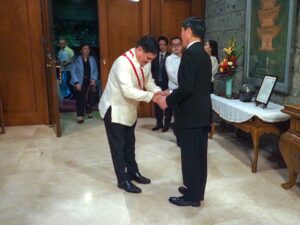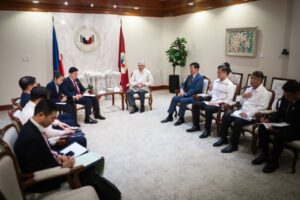
The Department of Trade and Industry (DTI) disclosed on October 12 the Philippines will launch a National Halal Strategy which aims to generate PHP230 billion in investments; create 120,000 jobs in five years; and support micro, small, and medium enterprises (MSMEs) in becoming part of a global Halal ecosystem before the end of this year.
The Halal strategic planning follows President Ferdinand R. Marcos Jr.’s message to international investors at the World Economic Forum in Davos positioning the Philippines as a gateway to the Asia-Pacific region.
The plan will also address the growing demand for Halal products and services from both the Philippines’ domestic market and from the 57 member countries of the Organization of Islamic Cooperation (OIC) – spanning across Asia, the Middle East, Africa, Europe, and the Americas.
Accroding to DTI Secretary Alfredo Pascual, Halal as a way of life is not only for the Muslims. It is increasingly being recognized by many non-Muslim consumers worldwide because of ethical considerations, hygiene, fair trade, and just financing.
“By maximizing our potential in the Halal industry, together we will help realize the vision of President Marcos Jr. in gaining more investments, which will mean higher economic activity and more quality jobs, and then a better life for all Filipinos,” Secretary Pascual added.
Considering the growing Muslim population of 1.9 billion people, the global Halal market is estimated to reach USD7.7 trillion in market value by 2025, up from USD3.2 trillion in 2015.
The Department will be leading the nine-government inter-agency taskforce that will create a roadmap which will position the Philippines as the most Halal-friendly trade and investment hub in Asia Pacific.
Secretary Pascual highlighted the Halal industry forms part of DTI’s four priorities–(1) promoting regional development; (2) attaining food security; (3) upgrading, upskilling, and upsizing micro, small and medium enterprises; and (4) enabling job skills matching and skills upgrading.
The Halal plan is not only confined to food and food-related products but also includes Islamic finance, Halal-friendly travel and tourism, modest fashion, Halal pharmaceuticals and Halal cosmetics sectors.
To cover the wide-ranging aspects of Halal economy, the Halal Taskforce will include the National Commission on Muslim Filipinos (NCMF), Department of Agriculture (DA), Bangko Sentral ng Pilipinas (BSP), Department of Tourism (DOT), Department of Health (DOH), Department of Science and Technology (DOST), Department of Foreign Affairs (DFA), and Mindanao Development Authority (MinDA).


